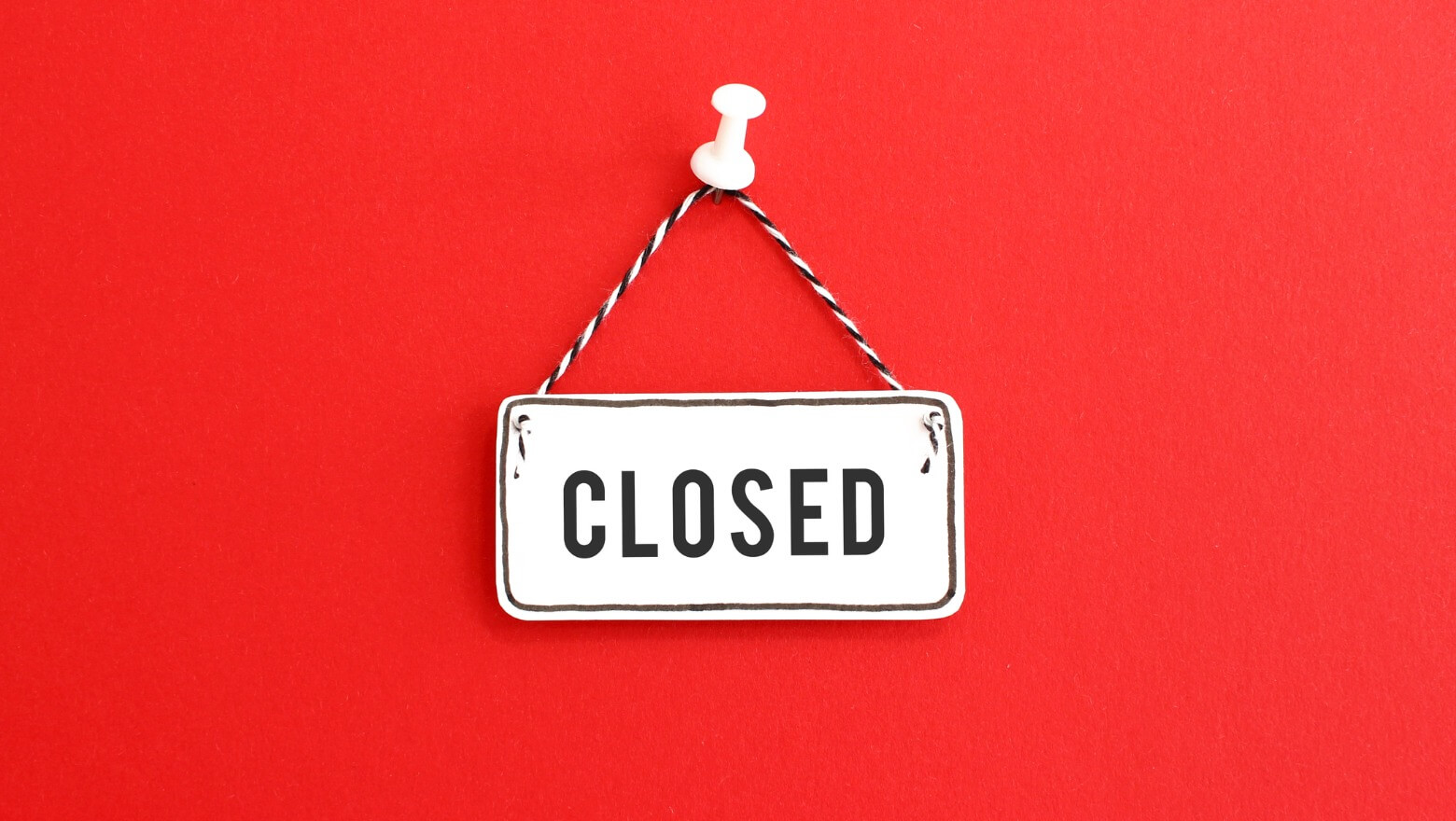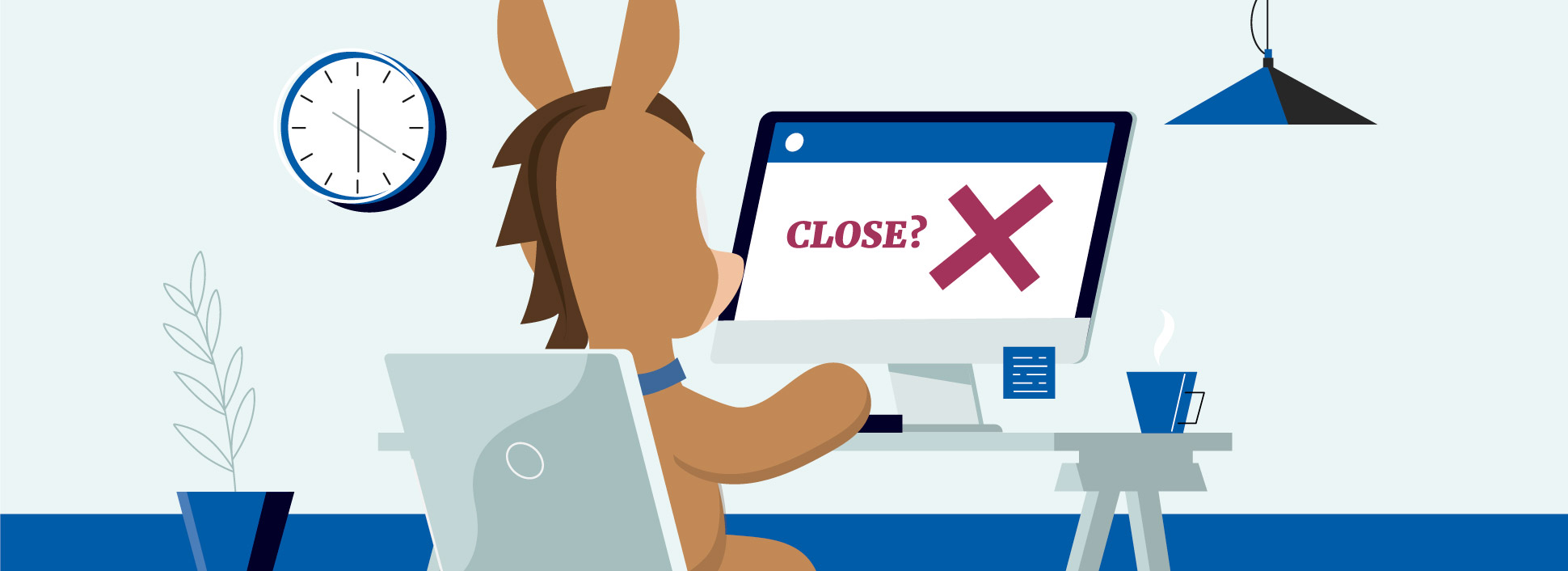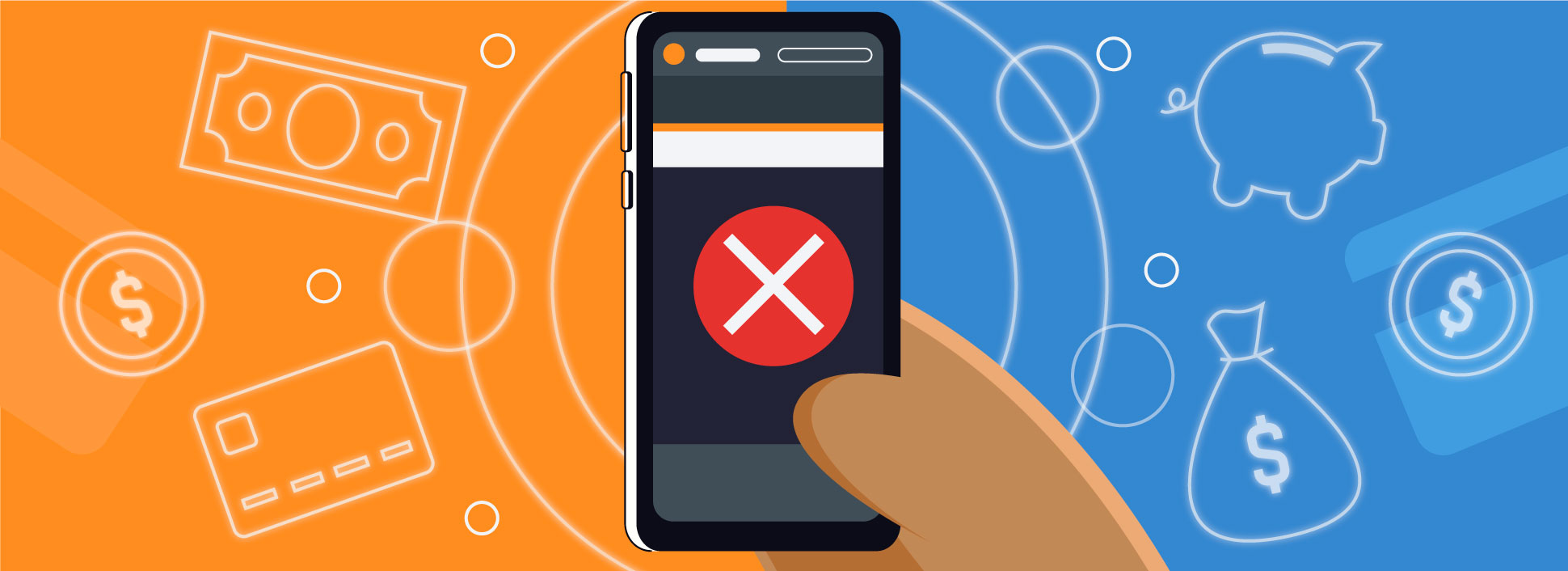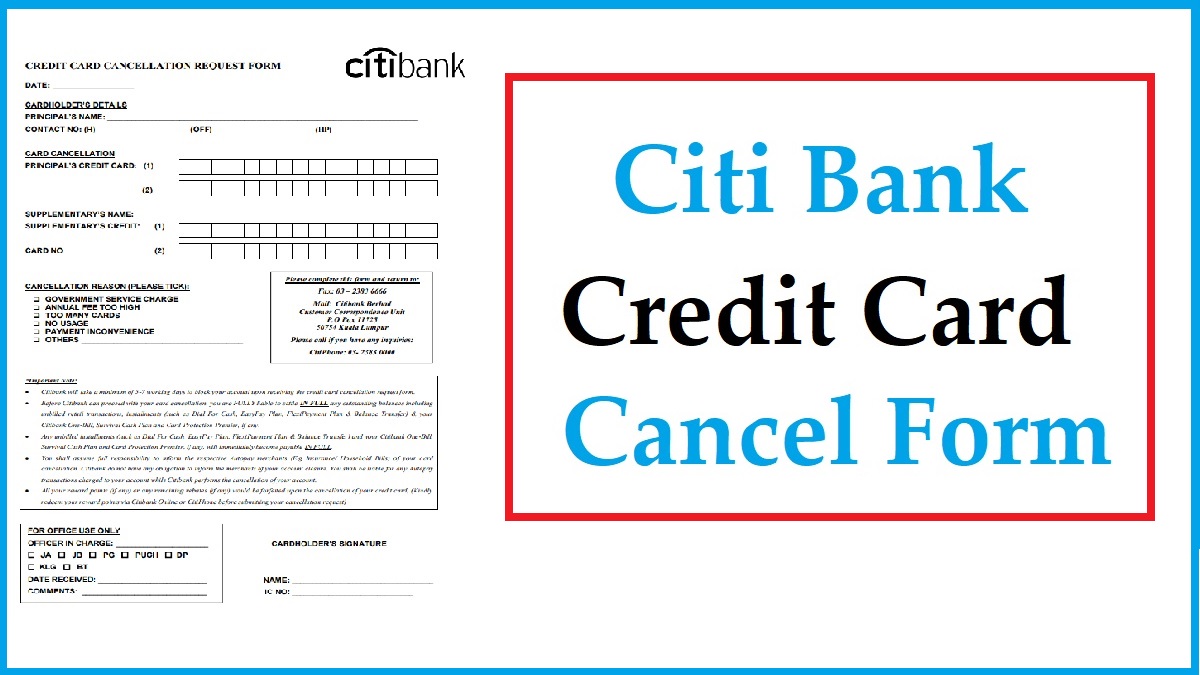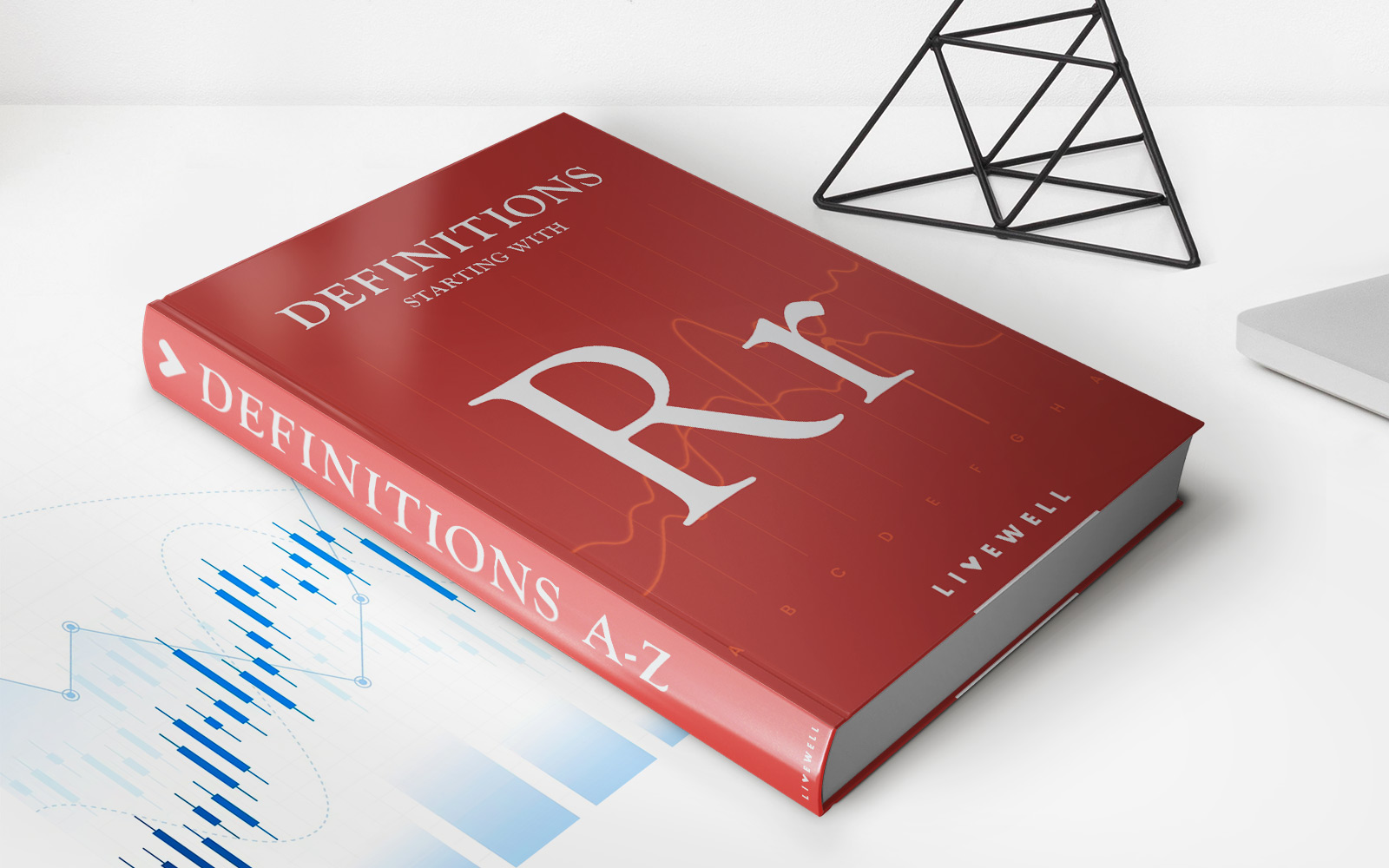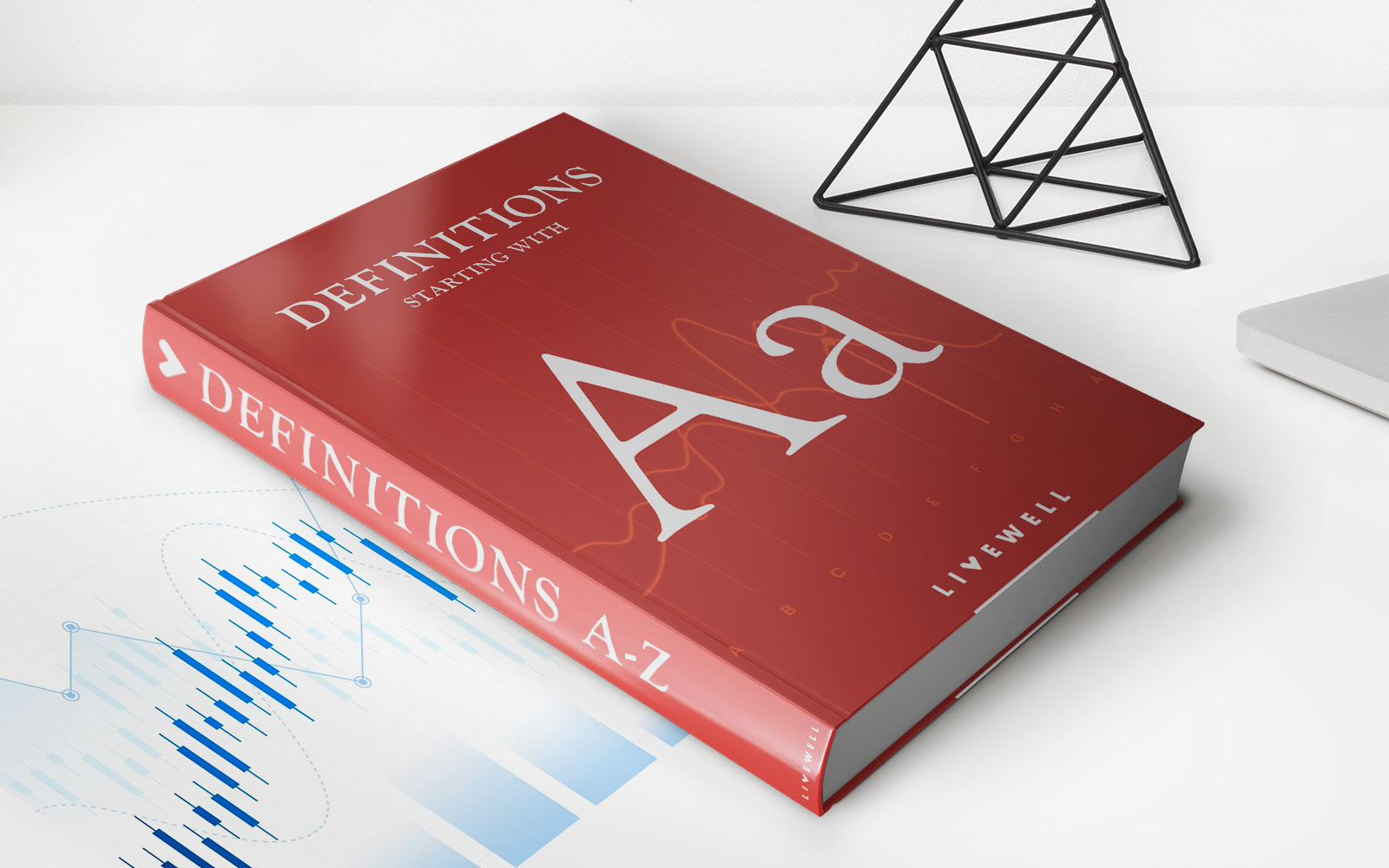

Finance
What Happens If You Close A Checking Account
Published: October 28, 2023
Discover the consequences of closing a checking account in the world of finance. Find out what happens and how it may impact your financial situation.
(Many of the links in this article redirect to a specific reviewed product. Your purchase of these products through affiliate links helps to generate commission for LiveWell, at no extra cost. Learn more)
Table of Contents
Introduction
Opening a checking account is a fundamental step towards managing your finances and gaining control over your money. However, there may come a time when you need to close your checking account due to various reasons. Closing a checking account involves several considerations, including potential consequences and the impact it may have on your credit score.
In this article, we will explore what happens if you close a checking account and provide guidance on the proper steps to take. We will also discuss alternatives to closing a checking account and the potential fees and penalties that may be involved.
It is important to note that closing a checking account is a significant financial decision and should be done after careful consideration and research. By understanding the implications and following the proper procedures, you can ensure a smooth transition from your current account to alternative banking options.
Read on to learn more about the process of closing a checking account and the potential consequences that may arise.
Understanding Checking Accounts
Before diving into the process of closing a checking account, it is essential to have a solid understanding of what a checking account actually is. A checking account is a type of bank account that allows you to deposit and withdraw funds for everyday transactions such as paying bills, writing checks, and making electronic payments.
Checking accounts typically offer features such as a debit card, online banking access, and the ability to write checks. They provide a convenient way to manage your day-to-day expenses and keep your money safe.
Unlike savings accounts, checking accounts are designed for frequent transactions and typically do not offer high-interest rates. However, they provide easy access to funds and are often linked to other financial products, such as savings accounts or credit cards, for added convenience.
When opening a checking account, you will generally need to provide proof of identification, such as a driver’s license or passport, and other personal information. The bank will then assign you an account number, which you will use for various transactions and to access your account securely.
It is important to keep track of your checking account balance to avoid overdrawing and incurring unnecessary fees. Many banks offer online banking services and mobile apps that allow you to monitor your balance, track expenses, and set up automatic bill payments.
Now that we have a clear understanding of what a checking account is, let’s delve into the reasons why someone might consider closing their account.
Reasons for Closing a Checking Account
There are various reasons why individuals may choose to close their checking account. It is essential to evaluate your specific circumstances and financial needs before making this decision. Here are some common reasons why people may consider closing their checking account:
- Switching banks: One of the most common motivations for closing a checking account is to switch banks. You may be unsatisfied with the services, fees, or customer support at your current bank and decide to move your accounts to a different financial institution that better meets your needs.
- Relocation: If you are moving to a different city, state, or country, you may find it more convenient to close your current checking account and open a new one at a local bank in your new location. This can save you from dealing with long-distance banking issues and potential limitations.
- Merging accounts: In some cases, you may have multiple checking accounts and decide to consolidate them into a single account. By closing one or more accounts and transferring the funds to a single account, you can simplify your banking and potentially reduce fees.
- Financial hardships: If you are facing financial difficulties and find it challenging to maintain a positive balance or meet the minimum requirements of your checking account, you may consider closing it. This can help you avoid overdraft fees or monthly maintenance charges.
- Changing financial needs: As your financial situation evolves, your banking needs might change as well. For example, if you no longer require a traditional checking account and prefer to use alternative banking methods, such as online-only banks or prepaid debit cards, you may choose to close your current account.
It is important to carefully evaluate your reasons for closing a checking account and consider the potential consequences before taking action. Closing a checking account can have various financial implications, which we will explore in the next section.
Consequences of Closing a Checking Account
While closing a checking account may seem like a straightforward process, it is crucial to be aware of the potential consequences that can arise. Here are some key considerations:
- Losing banking services: When you close a checking account, you will no longer have access to the banking services provided by that institution. This includes features like online banking, a debit card, and check-writing privileges. You will need to find alternative banking options to fulfill your financial needs.
- Disruption of automatic payments: If you have set up automatic payments for bills or recurring expenses using your checking account, closing the account can cause disruptions. Make sure to update your payment information with the appropriate organizations to avoid missed or late payments.
- Loss of transaction history: Closing a checking account means losing access to your transaction history associated with that account. It is essential to keep records of your financial transactions for your reference and future financial planning.
- Difficulty obtaining new accounts: Depending on your banking history and creditworthiness, closing a checking account on unfavorable terms, such as due to excessive overdrafts or unresolved issues, could make it more challenging to open a new checking account in the future.
- Impact on credit score: Although closing a checking account does not directly impact your credit score, it can indirectly affect it. If your checking account has a linked overdraft line of credit or if you have outstanding fees or negative balances that are not resolved before closing the account, it can potentially be reported to credit bureaus and affect your credit score.
It is crucial to address any outstanding balances, fees, or issues with your checking account before closing it. Contact your bank to ensure that everything is resolved and properly documented to minimize any negative consequences.
Next, we will explore how closing a checking account can potentially impact your credit score.
Impact on Credit Score
When it comes to your credit score, closing a checking account itself does not directly impact your credit score. Checking accounts are not revolving credit accounts like credit cards or lines of credit, which can affect your credit utilization ratio and credit history.
However, there are certain scenarios where closing a checking account can indirectly affect your credit score:
- Linked Overdraft Line of Credit: If your checking account is associated with an overdraft line of credit, closing the account may impact your credit score if there are outstanding balances or delinquencies on that line of credit. Unresolved debts or negative credit activity related to your checking account can be reported to credit bureaus, potentially lowering your credit score.
- Unresolved Fees or Negative Balances: If you close a checking account with unresolved fees or negative balances, your bank may report this information to credit bureaus, which can impact your credit score negatively. It is essential to settle any outstanding balances or fees before closing your account.
- Account History: Your banking relationship history, including the length of time you held a checking account, can be a factor in your creditworthiness. Closing a long-term checking account may result in the loss of that account’s positive history, which could potentially impact your creditworthiness in the eyes of lenders and creditors.
It is important to remember that your credit score is determined by various factors, including payment history, credit utilization, length of credit history, and types of credit. While closing a checking account may have some indirect impact, it is just one piece of the puzzle.
Prioritize maintaining a positive credit score by making timely payments on any outstanding debts, managing your credit utilization, and maintaining a diverse mix of credit accounts.
Next, let’s discuss the potential fees and penalties associated with closing a checking account.
Potential Fees and Penalties
When closing a checking account, it is important to be aware of potential fees and penalties that may be associated with the process. While the specifics can vary depending on the bank and the terms of your account, here are some common fees and penalties to consider:
- Account Closure Fees: Some banks may charge a fee for closing a checking account, particularly if you close the account shortly after opening it. This fee can vary in amount, so it’s essential to check with your bank about their specific policies.
- Minimum Balance Requirements: If your checking account has a minimum balance requirement, failing to meet this requirement before closing the account may result in a penalty fee. Make sure to review the terms and conditions of your account and ensure that you meet any necessary balance requirements.
- Overdraft or Negative Balance Fees: If you have an outstanding overdraft or a negative balance in your checking account at the time of closure, the bank may charge fees to cover these balances. It is important to settle any outstanding amounts before closing the account to avoid additional fees.
- Unresolved Transactions and Checks: If you have any pending transactions or uncashed checks, it is crucial to address them before closing your checking account. Failure to do so may result in bounced checks or unresolved transactions, which can lead to fees and potential legal consequences.
It is advisable to contact your bank directly to understand any potential fees or penalties that may be applicable to your specific checking account. This will help you anticipate and plan for any costs associated with closing the account.
Now that we have covered the potential fees and penalties, let’s move on to discussing the proper steps to take when closing a checking account.
Steps to Properly Close a Checking Account
When the time comes to close your checking account, it is important to follow the proper steps to ensure a smooth and hassle-free process. Here are the key steps to take:
- Review Account Terms: Start by reviewing the terms and conditions of your checking account. Look for any specific instructions or requirements regarding account closure.
- Stop Automatic Payments: If you have any automatic payments or direct deposits linked to your checking account, make sure to update them with your new account information or cancel them altogether. This will prevent any future transactions from being redirected to your closed account.
- Transfer Remaining Funds: Prior to closing the account, transfer any remaining funds to your new account or withdraw cash. Ensure that all pending transactions and checks have cleared before initiating the account closure process.
- Contact the Bank: Reach out to your bank either in person, over the phone, or through their online banking platform to initiate the account closure process. The bank representative will guide you through the necessary steps and provide any required documentation.
- Obtain Confirmation: Once the account closure process is complete, ensure that you obtain written confirmation from the bank. This can serve as proof that your account has been closed.
- Verify Closure: Monitor your account statements and online banking access to confirm that the account has been closed successfully. Check for any unexpected activity or charges and report them to the bank immediately.
By following these steps, you can ensure a smooth transition from your old checking account to a new banking solution without encountering any unnecessary complications.
It’s worth noting that each bank may have its own specific procedures for closing an account, so it is always recommended to contact your bank directly to understand their requirements and any additional steps you may need to take.
Finally, let’s explore some alternatives to closing a checking account that you may consider.
Alternatives to Closing a Checking Account
While closing a checking account may be necessary in some situations, it is worth considering alternatives before making a final decision. Here are some alternatives to closing a checking account:
- Switch Banks: If you are unsatisfied with your current bank, consider switching to a different bank that better fits your needs. Research other financial institutions and compare their offerings, fees, and services to find a better fit for your banking requirements.
- Open a New Account: Instead of closing your existing checking account, you may opt to open a new one with the same or a different bank. This can be beneficial if you want to keep your current banking relationship intact while still enjoying the benefits of a fresh start.
- Upgrade Your Account: If you are facing limitations or unsatisfactory features with your current checking account, check if your bank offers account upgrades. Upgrading to a higher-tier account may provide additional benefits and features that better align with your financial needs.
- Explore Online Banking: Online-only banks offer a range of services and often have lower fees compared to traditional brick-and-mortar banks. If you are comfortable with digital banking, consider opening an online checking account as an alternative to closing your current account.
- Consider a Joint Account: If your current checking account is causing challenges due to individual financial circumstances, you may consider adding a joint account holder. This can help address issues and provide a fresh start without closing the account entirely.
Ultimately, the best alternative will depend on your specific needs and circumstances. Take the time to evaluate your banking requirements, assess the available options, and choose the solution that aligns best with your financial goals.
Remember to thoroughly research any new banking options, compare fees and features, and consider the long-term implications before making a decision.
Finally, let’s summarize the main points discussed in this article.
Conclusion
Closing a checking account is a significant financial decision that should be approached with careful consideration and research. Understanding the process, potential consequences, and available alternatives is crucial to ensure a smooth transition and minimize any negative impacts.
In this article, we explored the reasons why someone might consider closing a checking account, such as switching banks, relocation, merging accounts, financial hardships, or changing financial needs. We discussed the potential consequences, including the loss of banking services, disruption of automatic payments, and the impact on credit score.
We also highlighted the potential fees and penalties that may be associated with closing a checking account, such as account closure fees, minimum balance requirements, and unresolved balances or fees.
To properly close a checking account, we outlined the necessary steps, which include reviewing account terms, stopping automatic payments, transferring remaining funds, contacting the bank, obtaining confirmation, and verifying closure.
Lastly, we explored alternatives to closing a checking account, such as switching banks, opening a new account, upgrading your account, exploring online banking, or considering a joint account.
Remember, it’s crucial to assess your specific circumstances and financial needs before making a decision. Consult with your bank, weigh the pros and cons, and choose the option that best aligns with your goals.
By approaching the process of closing a checking account thoughtfully and following the proper steps, you can navigate the transition smoothly and continue managing your finances effectively.

